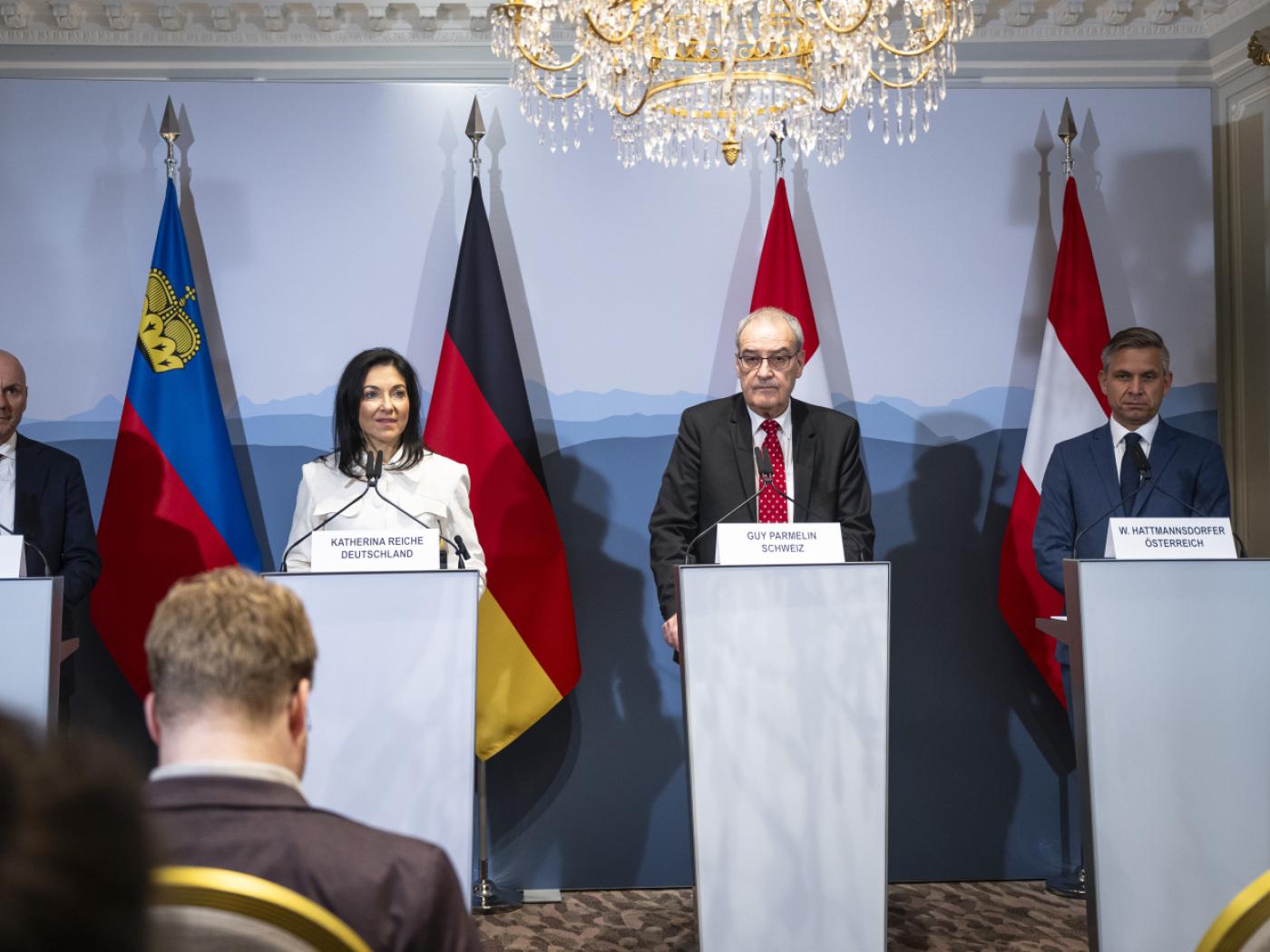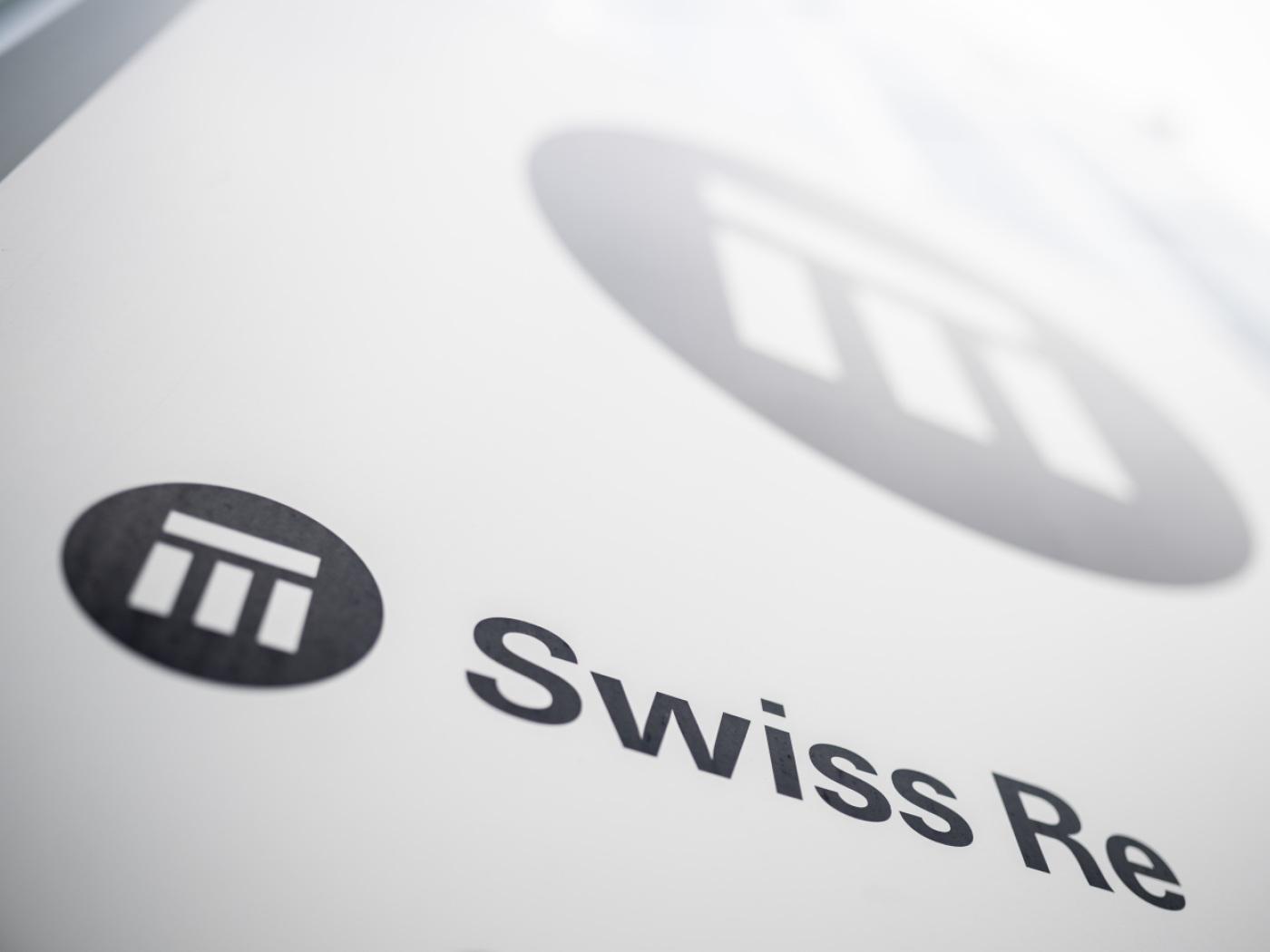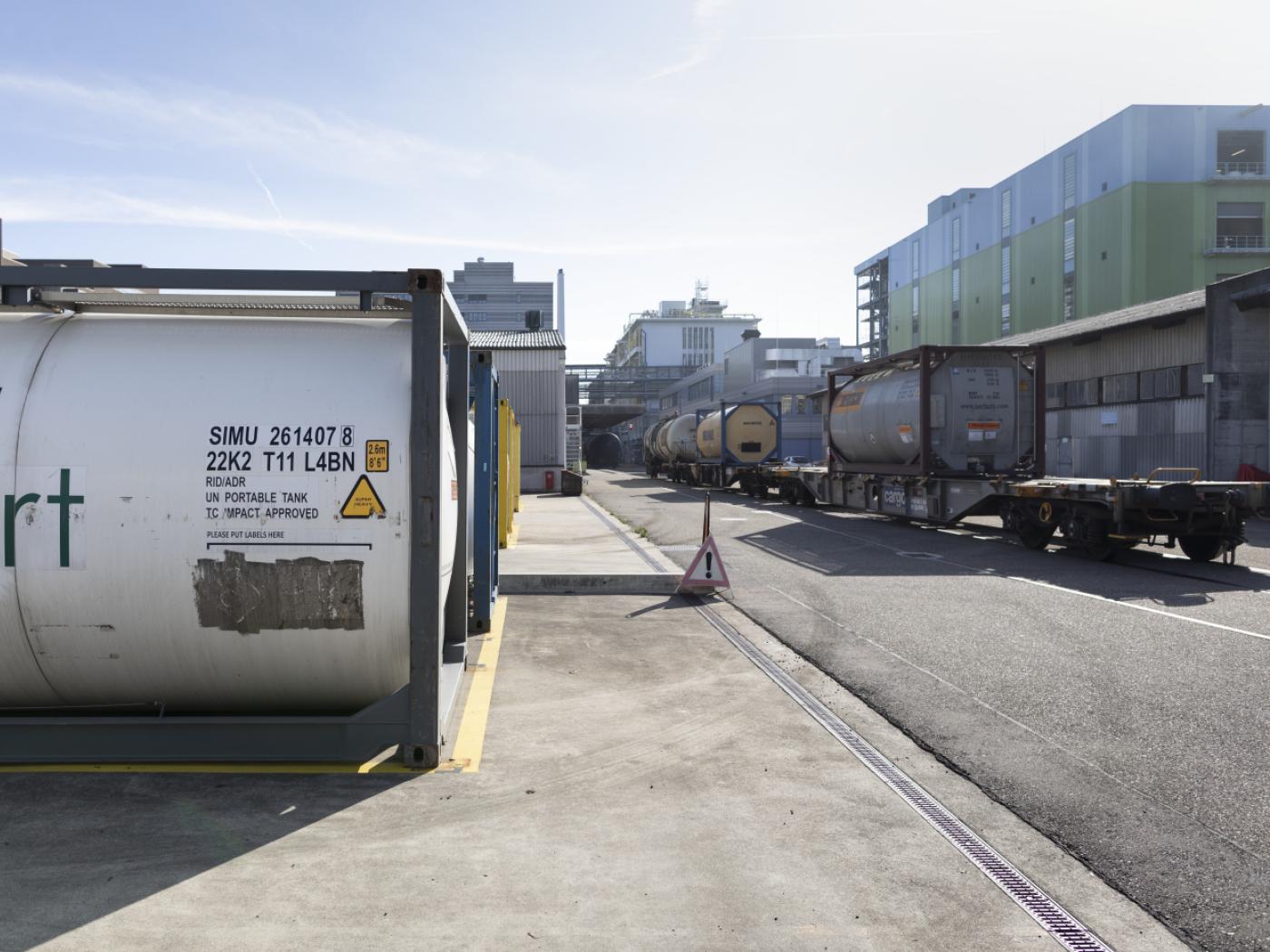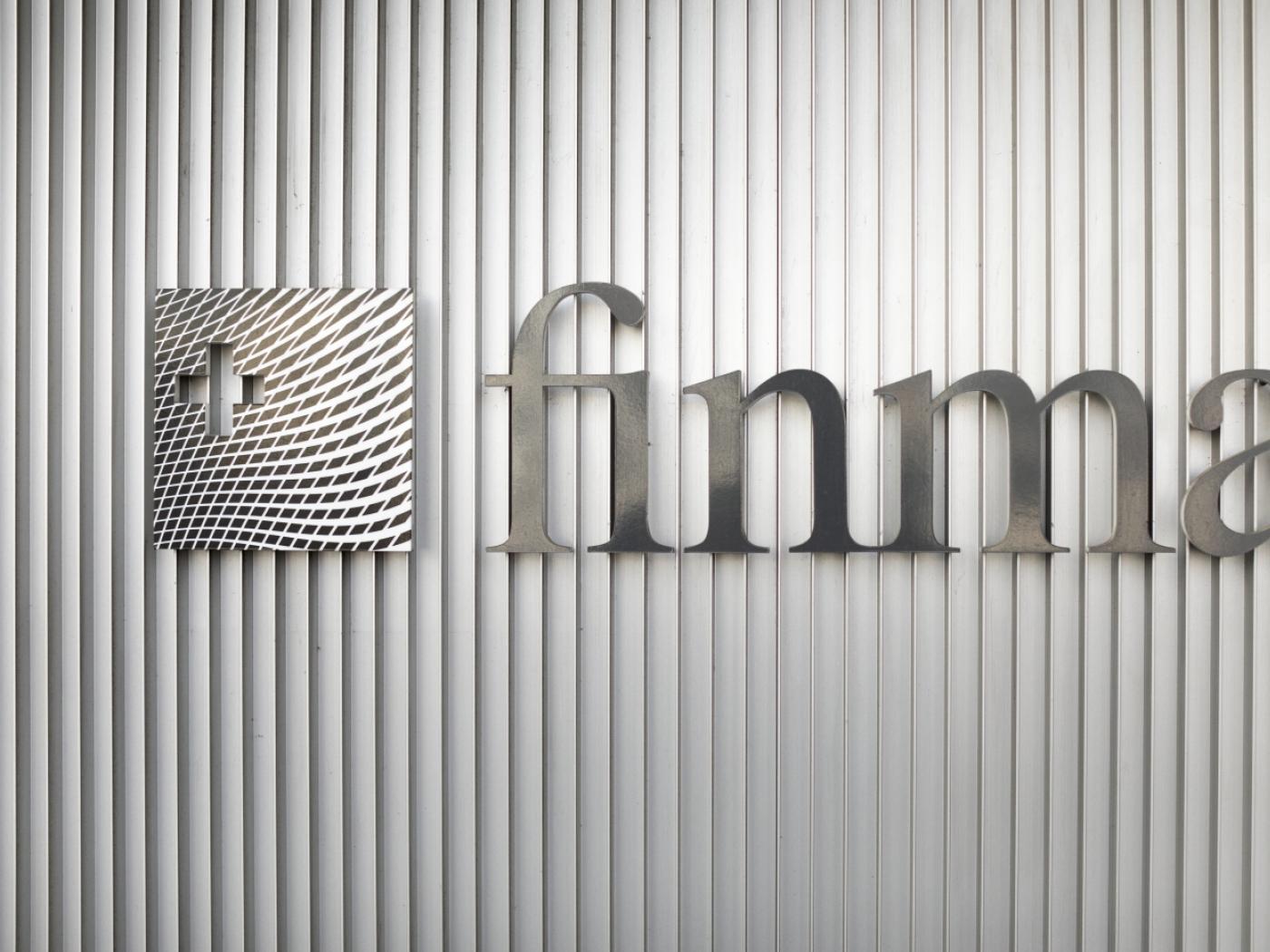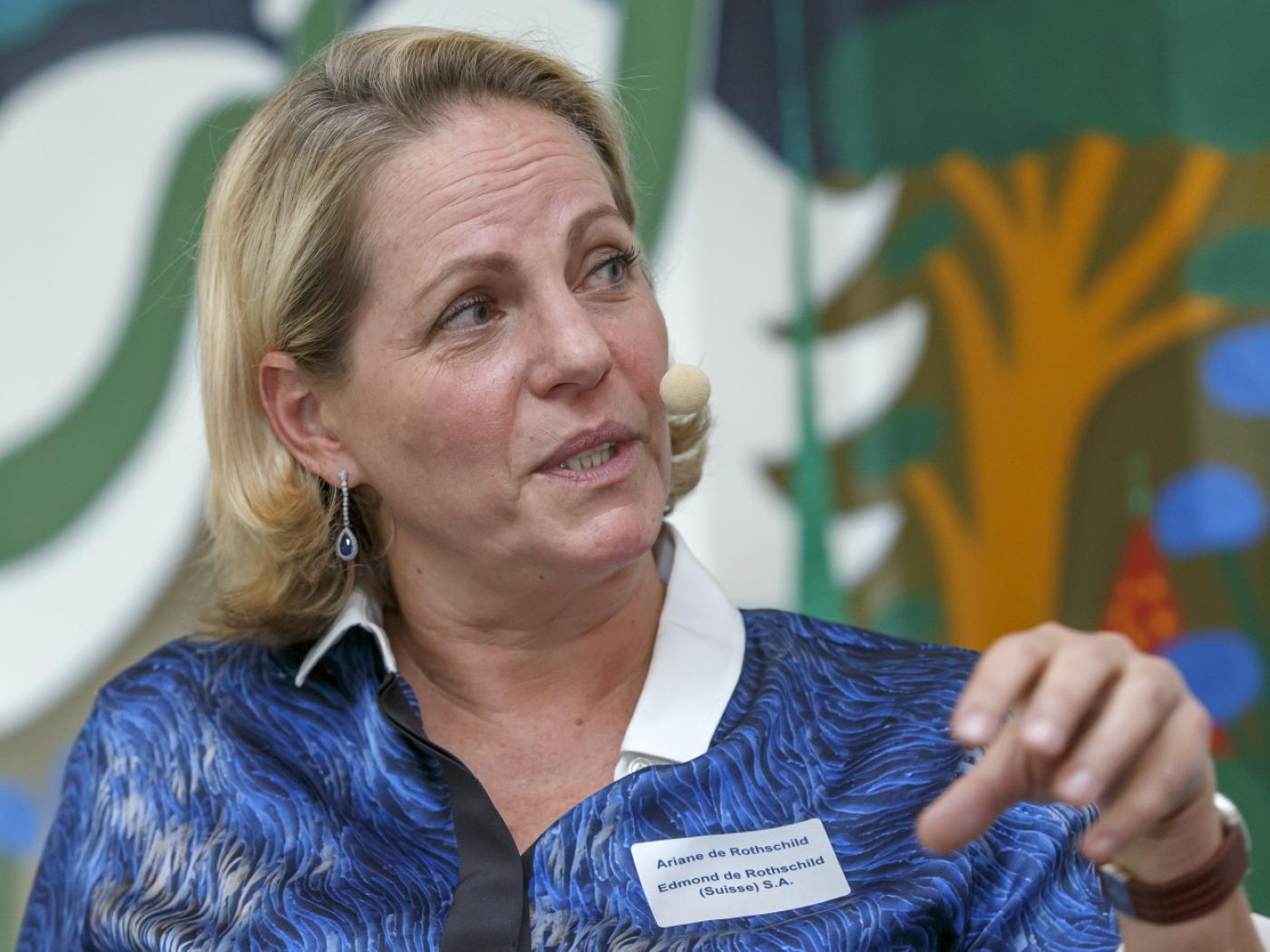
The Swiss government admits that it cannot rule out the presence of Russian gold – despite sanctions – in Switzerland’s trade flows with Kazakhstan and Uzbekistan. This admission came in response to questions presented in parliament on the extent of Bern’s oversight and control, triggered by an investigation by SWI swissinfo.ch into the suspicious spike in Switzerland’s imports of Kazakh and Uzbek gold.
The Swiss government admits that it cannot rule out the presence of Russian gold – despite sanctions – in Switzerland’s trade flows with Kazakhstan and Uzbekistan. This admission came in response to questions presented in parliament on the extent of Bern’s oversight and control, triggered by an investigation by SWI swissinfo.ch into the suspicious spike in Switzerland’s imports of Kazakh and Uzbek gold.
“Are the State Secretariat for Economic Affairs (SECO) and the Central Office for Precious Metals Control (CMP) in a position to exclude that gold imported from Uzbekistan and Kazakhstan was mined in Russia after the start of the war in Ukraine?” This was the precise question presented in a parliamentary interpellation in September by Jean Tschopp of the Social Democratic Party and co-signed by close to 20 left-leaning elected representatives.
The government responded at the end of November: “Switzerland, like other countries applying the same sanctions, cannot rule out the possibility of Russian gold being remelted in one of the above-mentioned countries and then imported into Switzerland.” In other words, Bern considers it possible for gold to be declared as originating in Kazakhstan or Uzbekistan after having been processed there for the last time, but to have been originally produced in Russia.
This parliamentary intervention follows the revelations made by SWI swissinfo.ch in early September about the spectacular jump since the end of 2021 in gold imported from Uzbekistan and Kazakhstan by Switzerland and the United Kingdom. The two countries are key players in the global gold industry and are virtually the only importers of gold from the two Central Asian states.
In the opinion of several specialists, these trade flows represent a high risk of circumventing international sanctions targeting Russian gold – which Switzerland itself joined – due to their concomitance with the war in Ukraine, the considerable volumes involved, and the close economic ties between the two former Soviet republics and Russia.
Read the full investigation below:
More

More
The mystery of Switzerland’s surging imports of Uzbek and Kazakh gold
“The government recognises the risks associated with these imports but seems unable to eliminate them, raising concerns about the oversight the Swiss authorities should have exercised over the importers of this gold,” says Marc Ummel, head of commodities at Swissaid, a Bern-based NGO that investigates the international gold trade.
Bern has yet to provide an explanation for the sudden change in these trade flows. “[Such an increase] can be influenced by several factors,” SECO spokesperson Fabian Maienfisch, writes in an e-mail to SWI, adding that “analyses over longer periods are needed to draw definite conclusions”.
The customs data analysed by SWI go back as far as 2010 and suggests that the surge in imports began just a few months before Russia attacked Ukraine. According to the customs data available so far this year, imports of gold from Kazakhstan into Switzerland persist at a similar scale (27 tonnes were imported between January and September, compared with 36 tonnes over the same period in 2023 and 32 tonnes in 2022). Over the first three quarters, Uzbek gold imports (85 tonnes) were down compared to 2023 (106 tonnes), but still significantly higher than in 2022 (58 tonnes).
What checks are in place?
Asked in the parliamentary interpellation to detail the controls carried out by Swiss authorities to ensure that these imports comply with sanctions, the government states in its reply: “SECO and the CMP constantly analyse trade flows in order to identify risks of sanctions being circumvented.”
It adds that “SECO systematically examines indications of sanctions violations and conducts detailed investigations that go beyond the analysis of aggregate trade figures”. But the government gives few details of what exactly these investigations cover.
This amounts to an “evasive” response, according to Tschopp. “The Federal Council admits the limits of its action and recognises that this requires increased diligence, but it is hard to see how this is being put into practice,” says the parliamentarian.

Asked again by SWI swissinfo.ch how these checks are carried out in practice, SECO makes no mention of any specific additional measures. Clarifications are carried out “in collaboration with Swiss and foreign authorities,” writes its spokesperson.
“The Federal Office of Customs and Border Protection (FOCP) does not carry out systematic checks, but relies on the results of a risk analysis. Suspicious imports […] are subject to physical inspection and/or verification by obtaining information that identifies their origin.”
A distinction between mined and refined gold was introduced in Swiss customs statistics in 2021, SECO notes. It also states that it is at the disposal of companies to make them aware of the risks involved, and points out that transactions involving shipments to refineries may be subject to full controls under the Precious Metals Control Act and the Anti-Money Laundering Act.
Maienfisch did not answer SWI swissinfo.ch’s question about the controls applied to banks, which acquired the largest volumes of Kazakh and Uzbek gold in 2023.
Tschopp is not convinced by Bern’s explanations, believing that they provide “no indication that [Switzerland] is in a position to implement effective controls for these imports”.
“Given the context, the risk is inherent in all gold imports from Kazakhstan and Uzbekistan,” he says. “And we know that once the gold is refined, controls are virtually impossible.” The parliamentarian therefore believes that preventing gold imports from the two countries would be justified in the name of the precautionary principle.
Kazakhstan and Uzbekistan have a specific risk profile, which is not mentioned in the government’s response to the parliamentarians. Russia has historically been one of their main trading partners, particularly for gold. This distinguishes them, for example, from the United Arab Emirates, which imports gold from a wide range of countries. A recent report by the Rand Europe research institute notes that “Russia’s gold relations with Kazakhstan remain strong despite sanctions,” and identifies Russian holdings in the main Kazakh gold mines.
When asked by SWI swissinfo.ch whether the government in any way takes account of the specific characteristics of the Central Asian countries, SECO points out that “neither direct nor indirect gold imports from Kazakhstan and Uzbekistan are currently affected by sanctions measures” and that the LBMA (London Bullion Market Association, the main body overseeing the gold market) “has not withdrawn the accreditation of GDL (Good Delivery List) refineries in these countries.”
He notes that Switzerland has no legal basis for introducing unilateral sanctions.
Nevertheless, as a major player in the gold sector in general (around a third of the world’s gold is refined in Switzerland) and one of the main importers of gold from these two specific countries in particular, Switzerland has a key role to play with its international partners in ensuring there are no sanction violations, according to Tschopp. The lawmaker plans to submit a new interpellation to the Swiss parliament, in which he hopes to rally politicians from beyond the ranks of the left.
Edited by Samuel Jaberg/ds/gw
Tags: Featured,newsletter






















